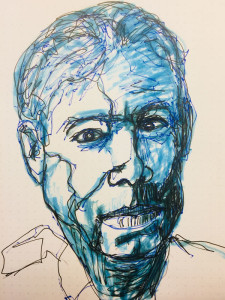Human behavior is a funny thing. People don’t always act in predictable ways. You could confirm this by discussing the subject with just about any lawyer who has worked in the field of family law. Recently, Richard Thaler won the Nobel Prize in Economics. His work helps demonstrate how human reasoning diverges from the expected.
Thaler’s book “Nudge”, co-written with Cass Sunstein, drew on years of work identifying oddities in human behavior. Setting out to explore why people feel losses more keenly than gains, he helped uncover the endowment effect: a tendency to value something more highly just because you own it.
Family lawyers know this, as clients tend to be attached to pieces of personal property that have relatively little value. To detect this behavior, Thaler distributed coffee mugs at random to half of a group of test subjects, who were then invited to sell the mugs, if they wished, to the other, mugless half. Theory would predict that those with and without mugs should value them the same, on average, so about half of the mugs should change hands. In fact, those with mugs valued them more than those without. Relatively few transactions took place.
In a divorce, both parties have an ownership interest in their “stuff”, and getting them to agree on who gets what can be a frustrating enterprise.
For family lawyers, this part of Thaler’s work can be summarized as follows: the way choices are framed can influence how people respond.
This has meaning for the family lawyer. When dealing with personal property issues in the context of a divorce negotiation, how we frame the issue matters. I like to remind clients and participants in mediation, that the personal property items that might hold sentimental value are not worth anywhere close to what they paid for them. It usually makes sense to compromise on these items and to save time and money to consider items of greater value—such as 401k’s and home equity.1
1 Much of the content of this blog was taken from: “Richard Thaler wins the Nobel prize for economic sciences.” October 14th, 2017. The Economist.



